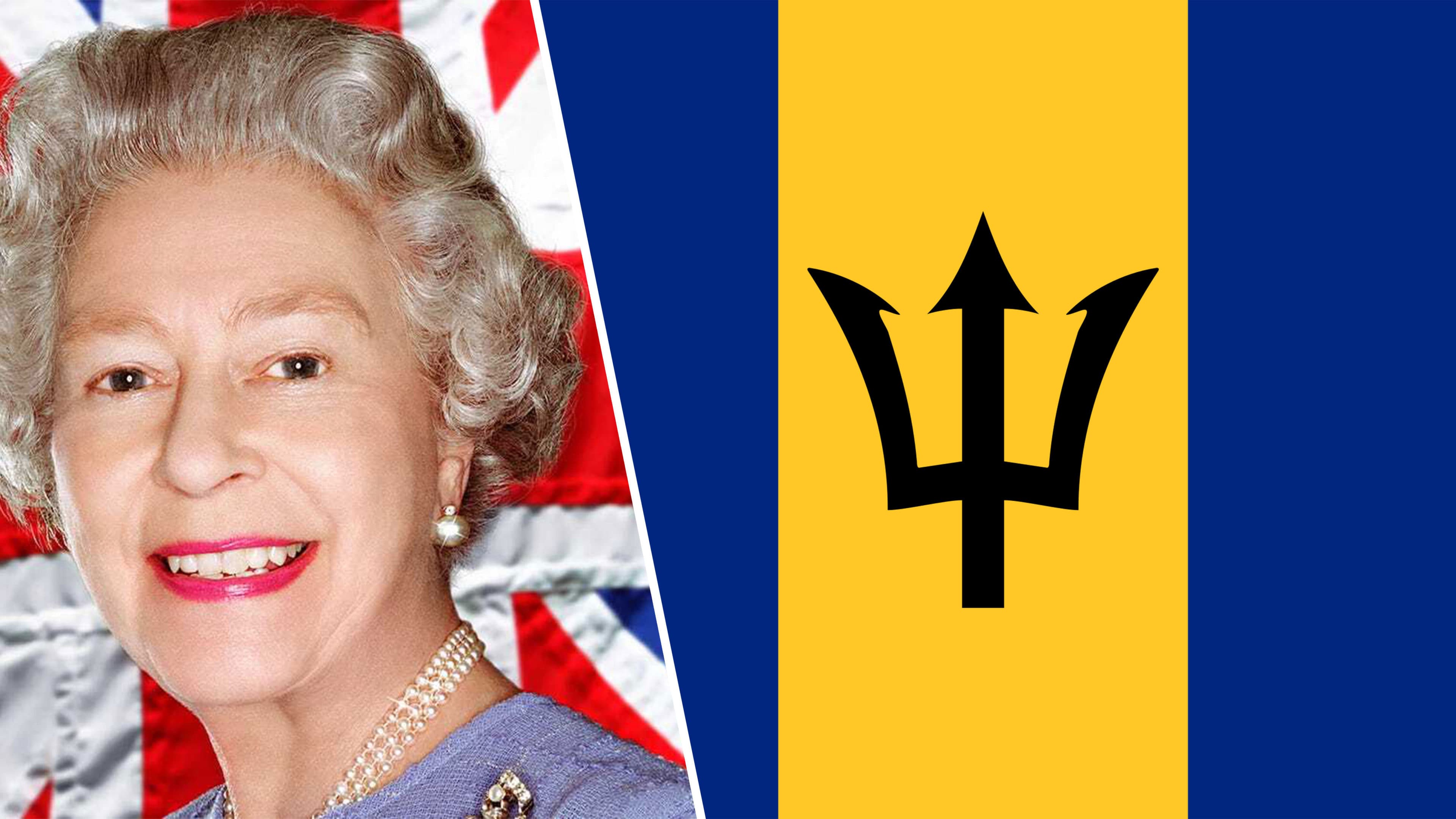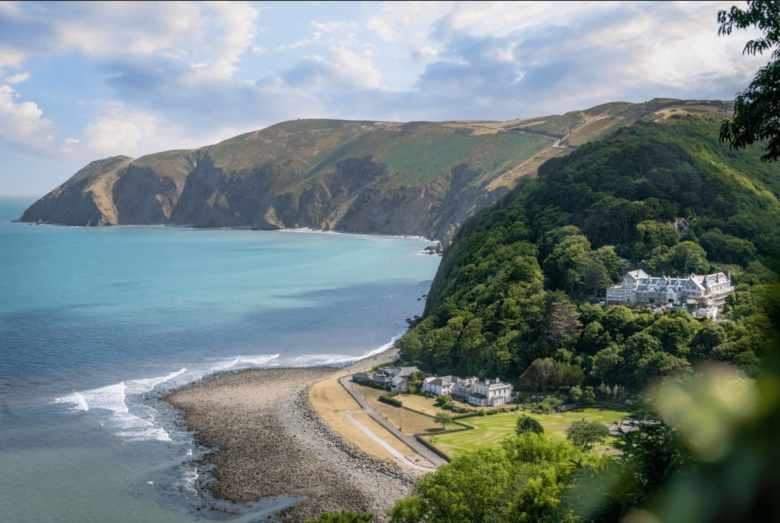Opinion: “The Queen as head of state beyond UK is an anachronism best confined to the bin”

‘They say Britain is the Mother Country,’ recalled Louise Smith, an octogenarian Jamaican, ‘but she was no muma to me.’ As the Commonwealth Heads of Government summit gets underway, Smith’s reflection raises a big question: what is the value or even the point of Britain’s former colonies genuflecting in front of the Crown? Isn’t the notion of the queen as the head of numerous states beyond Britain an anachronism best confined to the rubbish bin?
In her youth, along with her compatriots, Smith had waved the Union flag on Empire Day, a half-day school holiday inaugurated in 1916 to celebrate the late Queen Victoria’s birthday, unifying children of the empire in the British colonies. She remembered how, before screenings at Kingston’s Rialto cinema, she’d stood with the audience to sing the British national anthem. Smith had learnt by rote the poetry of Keats, Wordsworth and Kipling. Every aspect of life was viewed through the prism of the Caribbean islanders’ 300-year-old association with Britain. So why, when I spoke to Smith, was she so cynical about the Mother Country now? “Windrush,” she answered.
The most important word in the Jamaican lexicon is “respect” and the disrespect shown to elderly Caribbean people, wrongly classified as illegal immigrants during the Windrush scandal and “deported”, was hard to take. In truth, the anger and resentment has been going on for much longer – ever since Africans were abducted and enslaved in the Caribbean on plantations. Outrage was perhaps veiled in the past, as Jamaica moved from being a slave state, considered by the British colonisers to be the Jewel of the Caribbean and subsequently plundered by slave owners, to being an independent nation, though one that still had the Queen as the head of state.
Jamaicans continue to seethe over the memory and legacy of slavery. You read it in the press, hear it over the airwaves, on the streets and in song. The lyrics of The Wailers’ “Slave Driver” – “Slave driver, the table is turn/ Catch a fire, you’re gonna get burn” – articulate a yearning for revenge and encapsulate the mood of Jamaicans towards Britain today.
It’s a sentiment that surprisingly also fuelled Barbados’s recent spurning of the Queen in its desire to become a republic. Surprising because Barbados was always known and sometimes mocked as ‘little England’ for its wholehearted embrace of the Mother Country. But last year loyal Barbados blindsided the monarchy and stunned its detractors when it removed Elizabeth II as head of state. In acting on Prime Minister Mia Mottley’s belief that it should “leave its colonial past behind”, the island asserted itself as a republic. The reappraisal of its colonial past was also echoed in the earlier removal of the bronze statue of Admiral Horatio Nelson opposite Parliament Buildings in the capital, Bridgetown. There’s a new wind of change blowing through the Caribbean.
It was always a myth that Caribbean people in the colonies saw coming to Britain as a kind of reunion, a longed-for homecoming. People left their homes and travelled 4,000 miles because they viewed the venture as an opportunity to better themselves and their families. But the UK was a consolation prize; the US was always the preferred destination.
There are so many Jamaicans living in Miami, South Florida, that islanders called it Kingston 21, an imagined district of the Jamaican capital. The US is just 400 miles away and these days Jamaican television sets are more likely to be tuned to American football or basketball than cricket. North America’s cultural and economic importance far exceeds any lingering attachment the island has to Britain.
And then there’s the not-so-small matter of reparations. On an official visit to Jamaica in 2015, David Cameron (whose ancestor Sir James Duff was a slave owner) was expected by the Jamaican government to apologise for Brit- ain’s role in the Atlantic slave trade. Cameron declined, answering instead that it was time to “move on from this painful legacy and continue to build for the future”. He concluded, “Britain is proud to have eventually led the way in [slavery’s] abolition.”
Led the way in abolition? Cameron was voicing nostalgic politicians’ desire to resurrect a sanitised, “civilising mission” version of our imperial past, perpetuating the myth of Britain as an anti-slavery nation. Arguably the enslaved rebellions that terrified the establishment and led to barbaric British reprisals paved the way for abolition.
Mostly during slavery, people navigated its brutalities through strategies including what Jamaicans call “play fool to catch wise”, to pretend that they were intellectually slow and harmless and that they posed no threat to the plantocracy. There were good reasons for such an approach. It was dangerous, as the plantation overseer Thomas Thistlewood’s diary makes clear, to answer back a slave master. James Walvin’s The Trader, the Owner, the Slave (2008) highlighted the sadistic practices of Thistlewood. As well as keeping a diary, “annotated in simple schoolboy Latin”, of the scores of women he raped, Thistlewood also recorded how certain recalcitrant enslaved men were broken. Of one captured run- away he wrote: “Gave him a moderate whipping, pickled him well, made [the slave] Hector shit in his mouth, immediately put a gag whilst his mouth was full & made him wear it 4 or 5 hours.”
Caribbean people have been subjected to selective amnesia about the benefits and deficits of its slave, imperial and colonial past. In 2018, the UK Treasury, in a “fun Friday facts tweet” invited Britons to congratulate themselves (and their ancestors) – for underwriting the £20 million grant assigned in 1833 to compensate not the enslaved but the slave owners for their loss of income from their emancipated “property” (an enslaved African was valued at £20-£50, about £2,500- £6,300 in today’s money). But should criminals ever celebrate the end of their own criminality?
Jamaica’s prime minister, Andrew Holness, gave the Duke and Duchess of Cambridge a very public and undiplomatic dressing-down during their recent royal visit to the island. He pulled no punches in asserting that reparations were long overdue. To paraphrase Martin Luther King, emancipation was a promissory note that has been returned marked “insufficient funds”.

